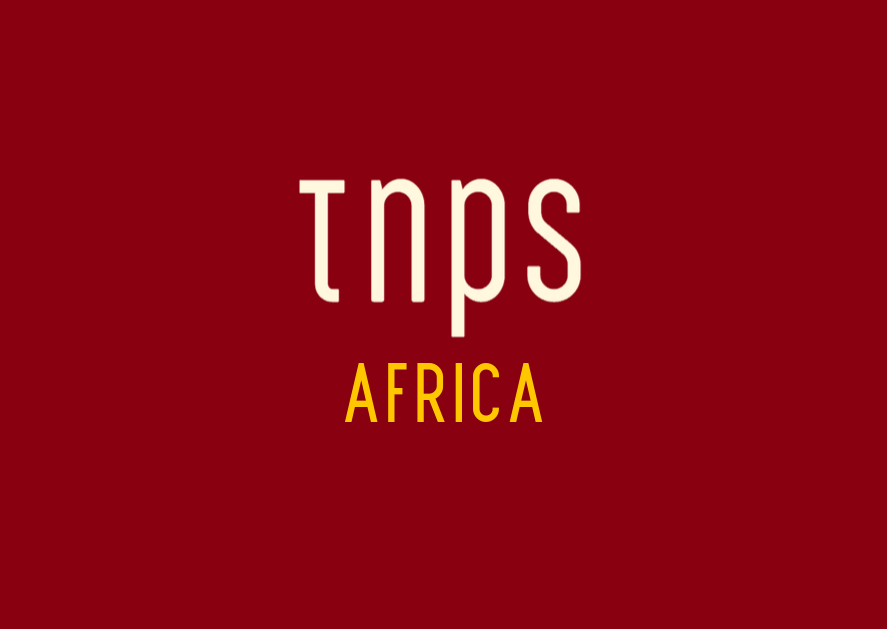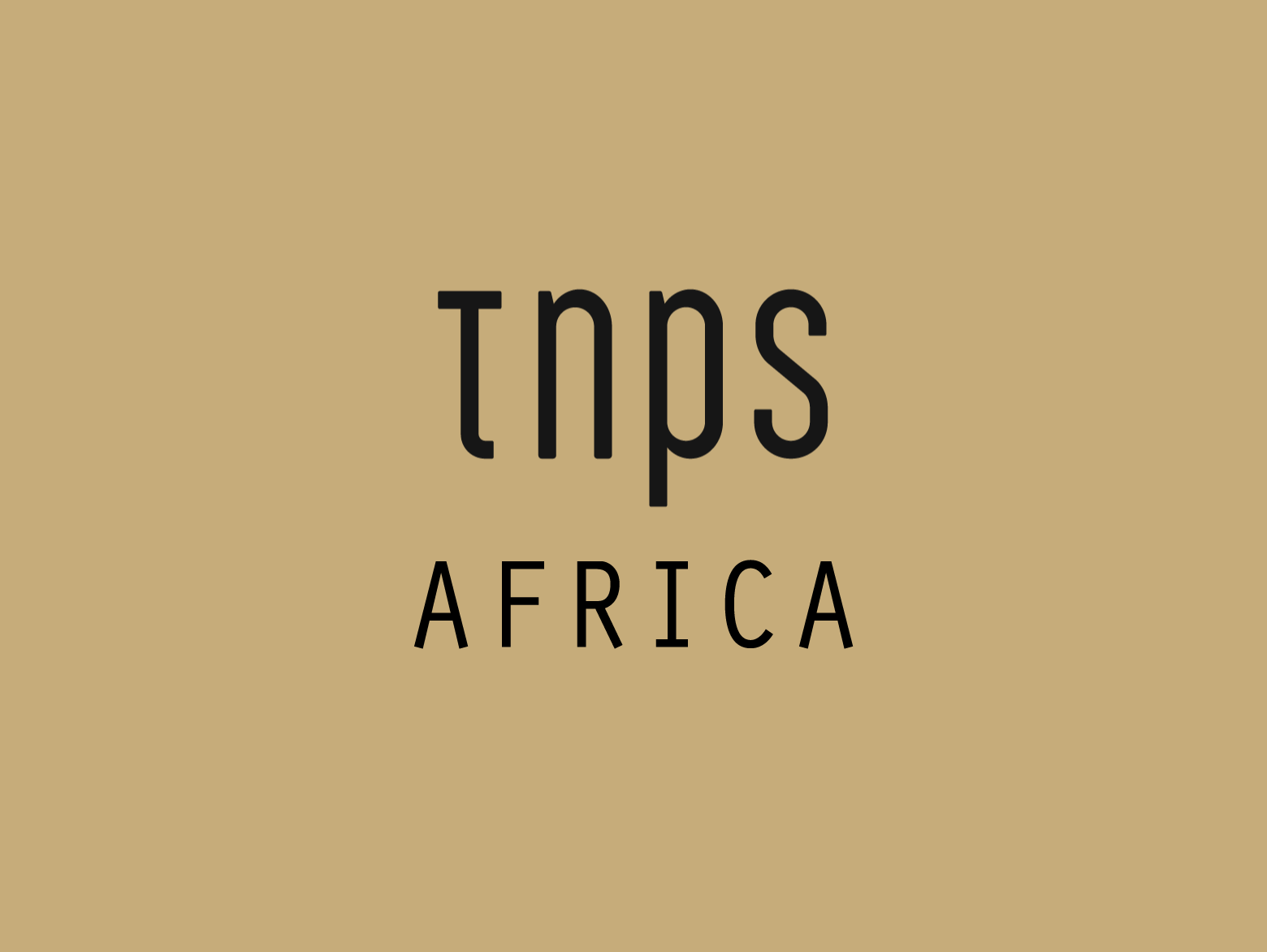Bitcoin is often the topic of discussion in publishing circles, but at the moment it’s just speculative debate, even though Amazon has owned the domain name amazonbitcoin.com since 2013. But this week CoinDesk is reporting Amazon has snapped up three more cryptocurrency domain names – amazonetherium.com, amazoncryptcurrency.com and amazoncryptocurrencies.com.
No suggestion yet that this is indicative of Amazon’s plans to use cryptocurrencies for its IP content transactions, but that may be on the cards.
Back in 2013 when amazonbitcoin.com was registered it was likely a simple brand-safeguarding exercise, but with the recent debate about how bitcoin might transform the publishing industry, the situation now might be different.
For those who haven’t been following the bitcoin debate, Orna Ross has a great post at ALLi explaining what it might mean for publishing, Porter Anderson went into the topic in some detail over at Publishing Perspectives, and Zsofia Macho covered the topic for PublishDrive.
In this week’s Hot Sheet Anderson returns to the topic alongside Jane Friedman, asking the question that most perturbs me in the current debate about bitcoin.
While blockchain may have the ability to power efficient and secure transactions between private individuals and to automate contracts and licensing, does that solve the critical problem facing authors today? How will blockchain affect demand and discoverability, assuming it does so at all?
The Hot Sheet quotes Professor John Maxwell of Simon Fraser University as saying,
The promise of blockchain is certainly intriguing, but…the supply of writing has gone up incredibly while the demand for that writing has grown little, if any. Which means that the market for any written work is incredibly noisy and oversupplied. … What we see as a response is increased emphasis on marketing, discoverability, brand/reputation/customer relations management. These conditions are, it seems to me, why big data and big networks (e.g., Google, Amazon) have succeeded at such scale. Those patterns are an effect, not the cause, of the situation.
While I would argue that demand for writing is growing, albeit not enough to soak up supply, I cobcur on the central point here.. There are already myriad ways we content suppliers can sell direct to consumers (D2C), and while bitcoin’s welcome promise is to make that cheaper and safer, the reason D2C is not our first and only option when putting content out there is that the consumers are elsewhere.
The reason we authors go to Amazon first is because, for the US and UK market especially, the bulk of buying readers are shopping at Amazon. It’s a simple as that.
As and when bitcoin can put us in front of readers on the scale that Amazon can, we’ll be rushing to bitcoin in our droves.
But until that time bitcoin’s real promise for authors will be IP protection and tracking, not “cutting out the middle man” to get higher royalties.
As Anderson and Friedman observe in the Hot Sheet,
Some have said that blockchain is a solution in search of a problem. So far, we don’t see blockchain as meaningfully changing business models for artists and creators. Micropayment and patronage systems have never saved the day on a large, commercial scale (see Medium for the latest failure).
But its early days, and if blockchain even just has the impact of reducing payment processing fees and that can be passed on to the consumer and the content provider, then that will be a step forward.
And new technologies like these have a habit of developing in unexpected ways that may yet surprise us all.
I’ll end this by coming back to to that Amazon bitcoin image above.
In Nigeria the Kindle store isn’t an option, but Nigerians can buy some products from Amazon US using Amazon gift-cards. Nigeria’s Mobilitaria lets Nigerians pay with bitcoin to buy the gift card to spend on Amazon.
Not that that’s a future solution for publishing, but one of the biggest problems for selling content in the nascent markets is the ability to pay when you don;t have a credit card and options like Paypal aren’t available. Bitcoin may yet be the transformational currency for publishing’s future in the nascent markets.






